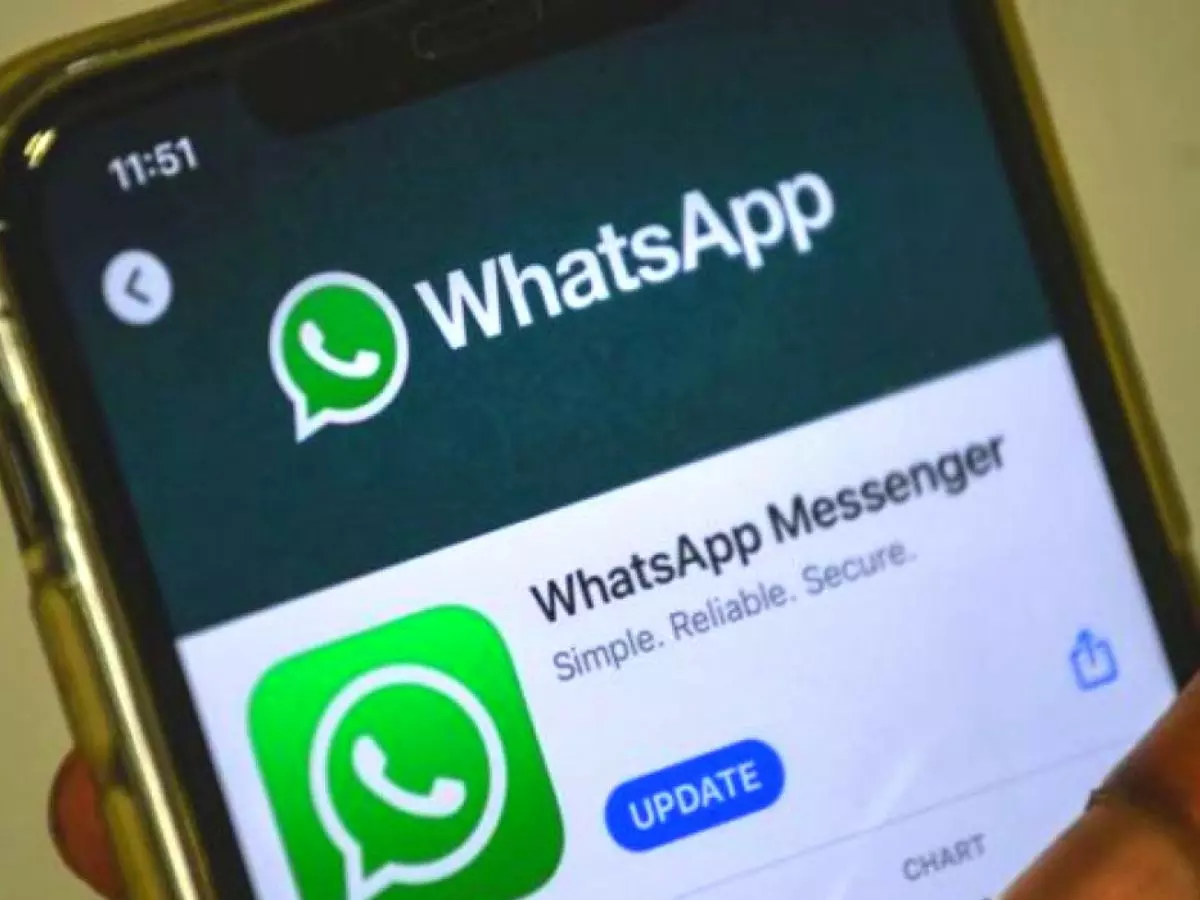WhatsApp Sues Indian Govt, Claims New Intermediary Rules Would End User Privacy
According to the sources, the case highlights that compliance with the new regulations would force Facebook to break privacy protections.

WhatsApp has gone ahead and filed a legal suit against the Indian government in New Delhi seeking to block the newly laid-out regulations that are coming into force today.
 AFP
AFP
Also Read: India Could Block Facebook, Twitter, Instagram From May 26: Here's Why
According to the sources, the case highlights that compliance with the new regulations would force Facebook to break privacy protections. According to a Reuters report, people familiar with the suit have asked the Delhi High Court to declare that one of the new rules is a violation of privacy rights in India¡¯s constitution as it asks social media company to identify ¡°the first originator of the information¡± when demanded by the authorities.
Even though the law asks the app to only reveal people who shared the problematic media in the first place, WhatsApp can¡¯t just unmask this person due to the end-to-end encrypted nature of its messages. If it had to do it, it would require the breaking of encryption for receivers as well as originators of the message.
WhatsApp¡¯s suit also cites a 2017 case known as Puttaswany from the Supreme Court that supported privacy, to strongly make its point.
Also Read: Indian Govt Sets New Rules For Online Video Services And Social Media
The Reuters report also highlights that it couldn¡¯t independently confirm whether the complaint had been filed in the court by WhatsApp nor when it would be reviewed by the court. People involved in this matter have refrained from divulging anything due to the sensitivity of the issue.
The new rules were first three months ago on February 25, where it gave companies a deadline of 90 days to comply with the newly laid-out guidelines, failing to do so would strip the social media platforms of their intermediary status and would subject them to legal, even criminal action as deemed fit under the court of law.
 Reuters
Reuters
Among the new guidelines, one major requirement is for the social media firms to appoint Indian citizens to key compliance roles. It is also asking for the removal of objectionable content within 36 hours of legal order and set up a system to respond to complaints. They must also use automated processes to take down pornography.
Facebook in a statement has said that it agrees with most new provisions however, it still wants to negotiate some aspects of it.
Also Read: Twitter Tags Sambit Patra¡¯s Tweet As Manipulated Media, MeitY Wants Tag Removed
Twitter on the other hand hasn¡¯t been in the government¡¯s good books after it flagged a post shared by BJP spokesperson as ¡®manipulated media¡¯ resulting in Delhi Police raiding the Twitter office a few days back.
